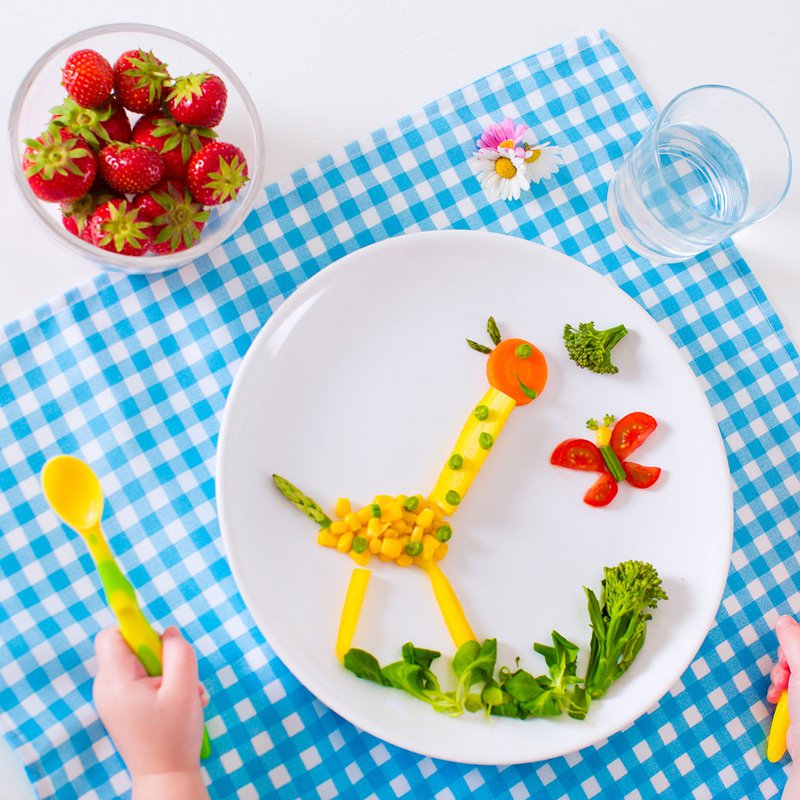If you want to eat more plants during your pregnancy or adopt a fully plant-based diet, there are some important factors to consider. We look into some of the recommended vitamins and best vegan food sources, and we also put our questions to a plant-based expert
Plant-based and plant-forward diets have gained popularity in the last few years and there are more vegan alternatives than ever on the market. However, there are still many myths surrounding being plant-based during pregnancy.
Current advice
Experts around the world advise pregnant women who are vegetarian or vegan to make sure they get enough iron and vitamin B12, which are mainly found in meat and fish, plus vitamin D, calcium and iodine. Here are some of the best vegan-friendly food sources to find these essential nutrients:
Iron - Pulses, dark green vegetables, wholemeal bread and flour, nuts, fortified breakfast cereals and dried fruits.
Vitamin B12 - Breakfast cereals and unsweetened soya drinks – both of which need to be fortified with vitamin B12 (check the label), yeast extract such as Marmite, and fortified nutritional yeast flakes.
Calcium - Dark green leafy vegetables, pulses, fortified unsweetened soya, pea and oat drinks, brown and white bread, calcium-set tofu, sesame seeds and tahini and dried fruit.
Iodine - Cereals and grains (but the levels vary depending on the amount of iodine in the soil where the plants are grown). Talk to your doctor about iodine supplements and look at food labels for ‘fortified with iodine’. Some plant-based drinks will fit the bill.
Vitamin D – Because it is only found in a small number of foods, it is difficult to get enough vitamin D. Pregnant women should talk to their doctor about taking a daily supplement.
Meet the expert
Alex Caspero is a registered dietitian with experience in pediatrics, eating disorders and sports nutrition. Alex and her business partner Whitney English started Plant-Based Juniors in 2017 when they were both pregnant and had a hard time finding reliable information about being pregnant and raising kids on plant-based or predominantly plant-based diets.
Can plant-rich eating help relieve any of symptoms related to pregnancy?
Plant-rich diets, especially high-fibre diets rich in fruits and vegetables may help reduce the risk of gestational diabetes and preeclampsia. With all pregnant women, our advice would be to centre the diet around these types of foods, along with protein-rich foods, healthy fats and whole grains. There is also some research showing that plant-based women have lower rates of excessive weight gain during pregnancy.
There is a lot of conflicting advice out there about plant-based nutrition. Is there anything you can say to reassure mums?
A. Most health organisations and government bodies recommend a plant-predominant diet for all stages of life, including pregnancy. This would mean making at least 75 per cent of your diet plant-based. Looking at survey data, most individuals, including pregnant women, fall well below this. So, even increasing your diet to include 75 per cent calories from plants would be a huge increase in health benefits.
Consult your doctor and a registered dietitian before embarking on any major dietary changes.

